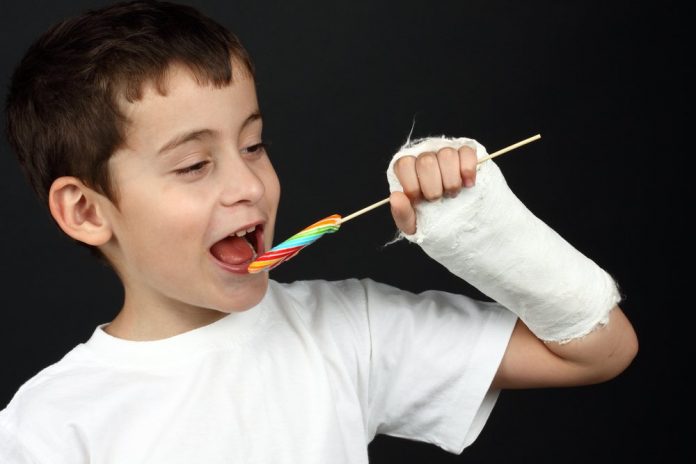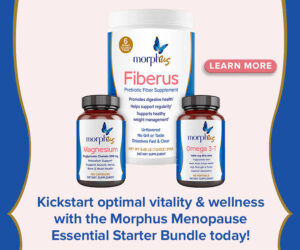
A new study is the first to confirm that junk food can have a dramatic impact on bone health in children. It’s estimated that 70 percent of a child’s entire daily calorie intake is from bone-damaging, ultra-processed foods.
Junk food and your kid’s bones
The authors of the study, which was conducted at the Hebrew University of Jerusalem, noted the popularity of junk foods, including soda, sugary cereals, candy, potato chips, and similar snacks, and fast food, can cause weak bones and growth retardation. Research even showed that at a cellular level, there were signs of impaired bone development in cartilage cells.
Children and parents are drawn to such foods because they are easily accessible, affordable, convenient (ready to eat), and advertised as being tasty and fun. Yet even eating reduced amounts of junk food left notable damage, according to Professor Efrat Monsonego-Ornan, one of the lead authors of the study, which was published in Bone Research.
Read about the 8 best foods for bone health
It’s estimated that about half of all American children consume junk food every day. Monsonego-Ornan noted that “even if we reduce [their] fats, carbs, nitrates, and other known harmful substances, these foods still possess their damaging attributes” during what are “critical stages of development” for children.
How to support children’s bone health
It’s been estimated that about 70 percent of bone mass is determined by genetics. The remaining critical 30 percent is ruled by diet, exercise, and other factors. Avoiding junk food is just one way to support your child’s bone health.
Read about osteoporosis: bone up on bone health
In an article in Pediatrics, experts noted the updated calcium and vitamin D requirements for bone health for children and adolescents. Recommended Daily Allowance of calcium is 1,000 to 3,000 mg/d from birth to age 18 years. For vitamin D, the range is 400 to 600 International Units daily. Experts don’t recommend giving children calcium supplements, as the mineral is more bioavailable from food. Instead, parents should increase their child’s dietary intake of calcium-rich foods. In addition to dairy, calcium-fortified plant-based beverages and orange juice, as well as leafy greens, bananas, canned sardines, pumpkin seeds, and olive oil, are recommended.
When it comes to exercise, bike riding and swimming are good but walking, jumping, jogging, and dancing are better. These latter activities provide weight-bearing on the bones, which stimulates growth and promotes strength.
Finally, weight management is important. Increased body fat is associated with a greater risk of fractures. Experts recommend maintaining a healthy body weight throughout childhood and adolescence for optimal bone health.
Bottom line
Dump the junk food! Every potato chip, root beer, and sugary breakfast cereal is robbing your child of healthy bones. Fill your refrigerator and pantry with wholesome foods and make them easily accessible so your kids…and you…will make eating nutritious foods a habit and support bone health at the same time.










